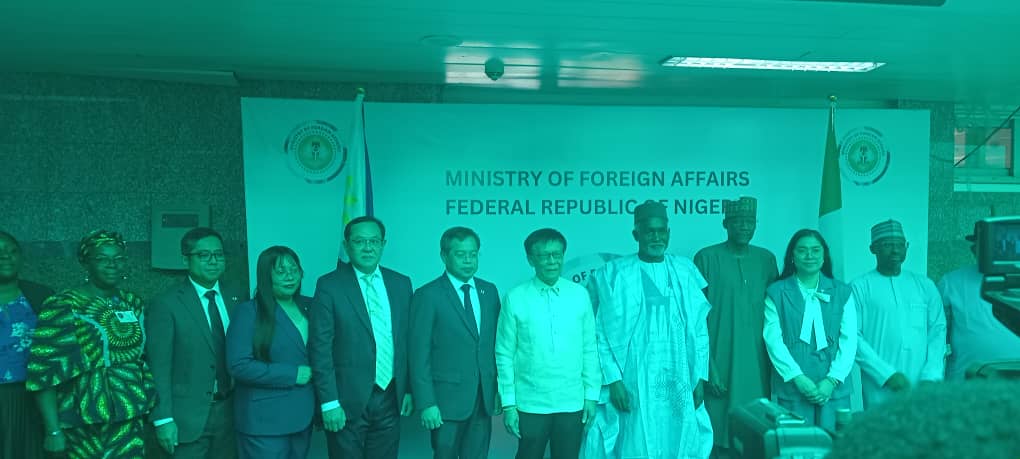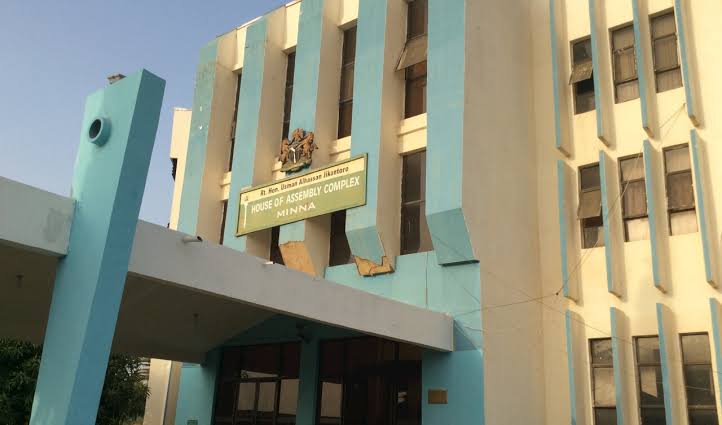By: TUNDE BOLAJI MINNA.
Nigeria’s National Sugar Development Council (NSDC) has signed a memorandum of understanding MOU with Niger Foods and Logistics Company Ltd and three other operators to develop greenfield sugar projects that will collectively produce 400,000 tons of sugar annually, reducing the import bill for adequate domestic use.
Niger Foods, Brent Sugar in Oyo state, Legacy Sugar in Adamawa state, and UMZA in Bauchi state will each develop 100,000-tonne facilities across Nigeria’s agricultural belt:
The MOU was signed at NSDC ‘s Abuja Headquarters, representing a significant climb in Nigeria’s sugar development goal.
The geographic spread from Nigeria’s southwest to northeast reflects a deliberate strategy to leverage diverse agricultural conditions and distribute economic benefits across regions.
This expansion will build on Nigeria’s increasingly aggressive approach to sugar sector development.
It will be recalled that the NSDC recently signed a memorandum of understanding with a Chinese firm for engineering, procurement, construction, and financing (EPC-F) services to construct up to five sugar estates, representing a collective investment of $1 billion.
This Chinese partnership underscores Nigeria’s willingness to leverage foreign expertise and capital to rapidly develop domestic capacity.
The strategic imperative, it says, is clear: Nigeria currently imports the vast majority of its sugar requirements, creating a substantial drain on foreign exchange reserves that the government is eager to plug.
The country’s sugar import bill has remained stubbornly high despite various policy interventions, making domestic production expansion a priority for economic planners seeking to improve the trade balance.
Speaking, Executive Secretary, NSDC Kamar Bakrin, has selected 2025 as a year of “accelerated development” for sugar projects, reflecting the government’s urgency in addressing food security concerns and reducing import dependence.
Bakrin argues that structural changes in global commodity markets have made local production more commercially attractive than at any point in the industry’s history, presenting a window of opportunity for rapid capacity expansion.
Also, this projects promise benefits beyond just production targets. But also expected each facility to generate significant employment in rural areas, develop local infrastructure, and create economic opportunities.
The geographic spread across Oyo, Niger, Adamawa, and Bauchi states also reflects a deliberate strategy to distribute economic benefits and reduce regional inequalities.
However, Nigeria’s sugar development efforts face familiar challenges. Previous attempts to boost domestic production have been hampered by infrastructure constraints, financing difficulties, and competition from subsidised imports.
The success of these latest ventures will depend heavily on the NSDC’s ability to provide effective project support and the operators’ capacity to execute complex agricultural-industrial projects.
The initiative represents part of Nigeria’s broader industrial policy push under President Bola Tinubu’s administration, which has prioritized import substitution and local value addition across key sectors.
With Africa’s largest economy facing persistent foreign exchange shortages and mounting pressure to diversify away from oil dependence, agricultural processing industries like sugar have gained renewed policy attention.
The projects also align with continental trade initiatives under the African Continental Free Trade Area, potentially positioning Nigeria as a regional sugar hub for West African markets in the history of the industry, making over 200 million with growing consumption patterns if fully realized.
Also speaking, Chairman of Niger Foods, Mr. Sammy Adigun, assured NSDC of delivering his quota as signed.













